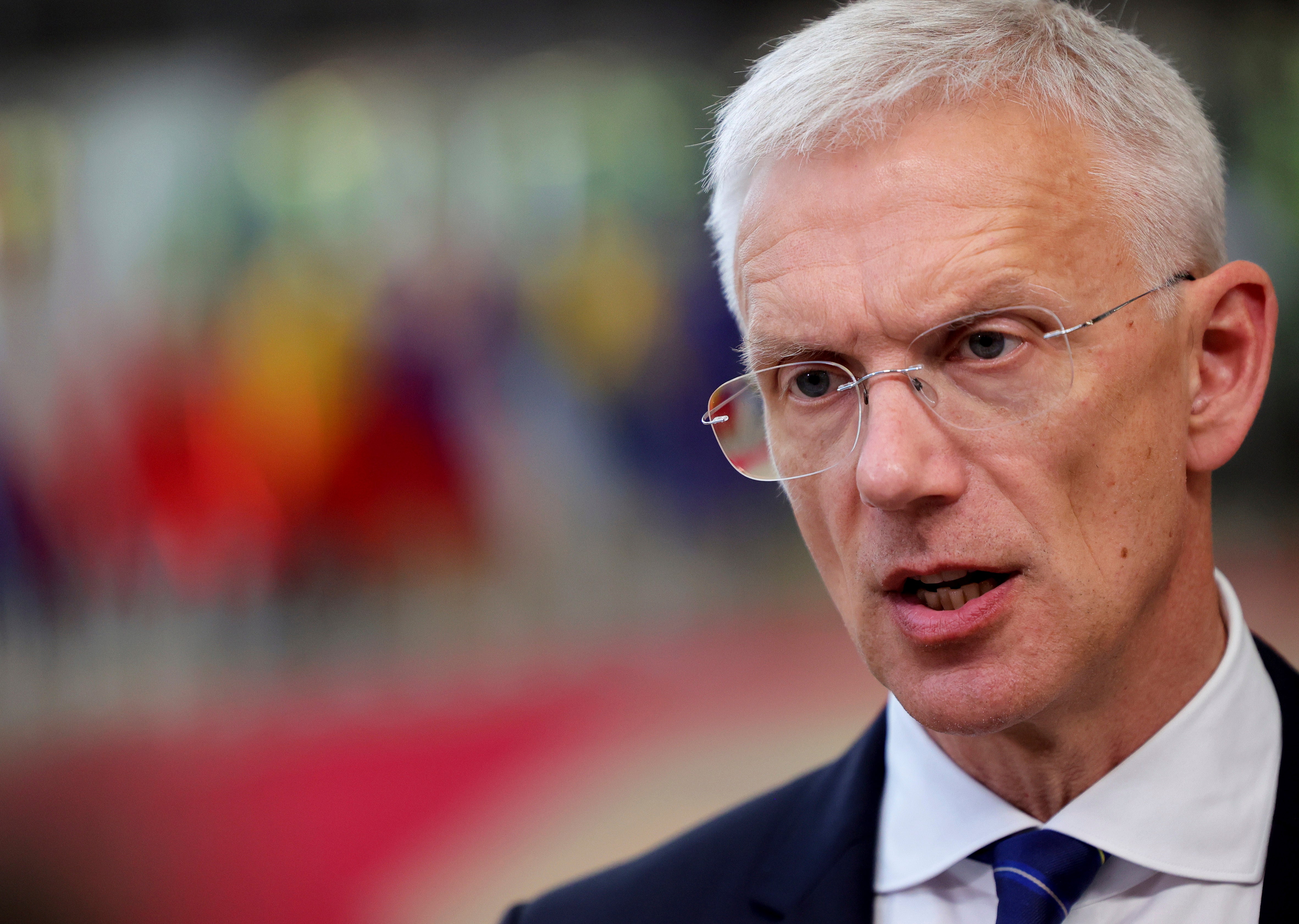Latvian leader's party expected to fare well in election
Polling stations are open in Latvia in a general election that has been influenced by neighboring Russia’s attack on Ukraine

Polling stations opened Saturday in Latvia for a general election influenced by neighboring Russia’s attack on Ukraine, disintegration among the Baltic country’s sizable ethnic-Russian minority and the economy, particularly high energy prices.
Several polls showed the center-right New Unity party of Prime Minister Krisjanis Karins emerging as the top vote-getter with up to 20% support.
Karins, who became head of Latvia's government in January 2019, currently leads a four-party minority coalition that along with New Unity includes the center-right National Alliance, the centrist Development/For!, and the Conservatives.
Support for parties catering to the ethnic-Russian minority that makes up over 25% of Latvia's 1.9 million population is expected to be mixed; a share of part of loyal voters have abandoned them - for various reasons - since Russia's Feb. 24 invasion of Ukraine.
A total of 19 parties have over 1,800 candidates running in the election, but only around eight parties are expected to break through the 5% threshold required to secure a place in the 100-seat Saeima legislature.
Some 1.5 million people are eligible to vote.
Bookmark popover
Removed from bookmarks